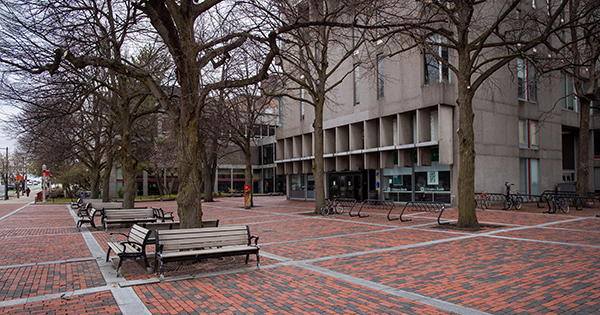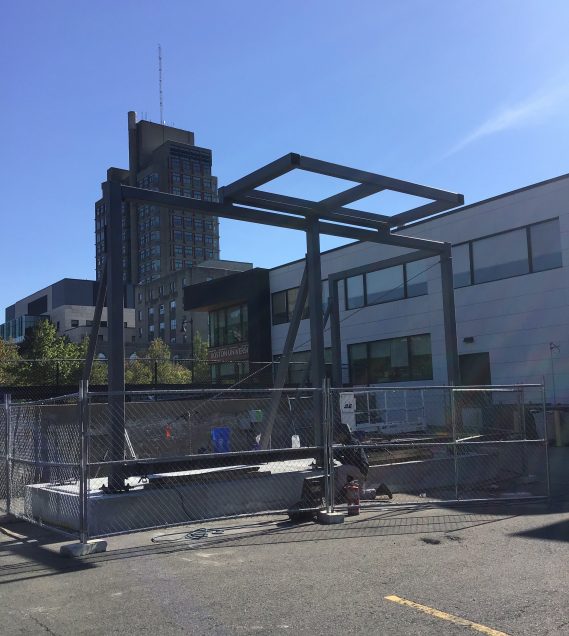I started out strongly disliking this building, but over time it has grown on me in the context of BU's campus and Comm Ave. Is a university a good place to test new architecture? Arguably the best location. However, its impact from afar (BU Bridge and Cambridge) is still jarring to me. It looks incomplete/off, like the designers were on a good path and then got 80% there and called it.
I also dislike the stack-of-books narrative. The inspiration may have been there, but the proportion (and balance) are somewhat off for that to ring true in the final product. It reads more as a drunkenly constructed, blocky, Jenga tower, which has become a running joke between BU students, which brings up my last point. We're all architecture enthusiasts on here to some degree, and our conversations and knowledge may run far deeper than the average Boston resident/visitor or BU student/faculty member. While a lot of us may appreciate it for its bold design and bold architecture in general in a rather drab period of design in Boston (not just this project), by saying 'you just don't understand good design,' to those that express doubts or criticisms (not saying anyone on here is doing this, but in general, I've observed this kind of rhetoric on this site, other architecture forums, social media, etc.), we are detracting the whole profession's relevance and credibility; people begin to take us less seriously and say we've lost touch with reality/gone crazy. Sure, architecture as an art form is supposed to get people talking, and you can argue that's what a lot of bold project's intents are, but is provocation alone enough merit a building's design? And are the design decisions made here warranted?



